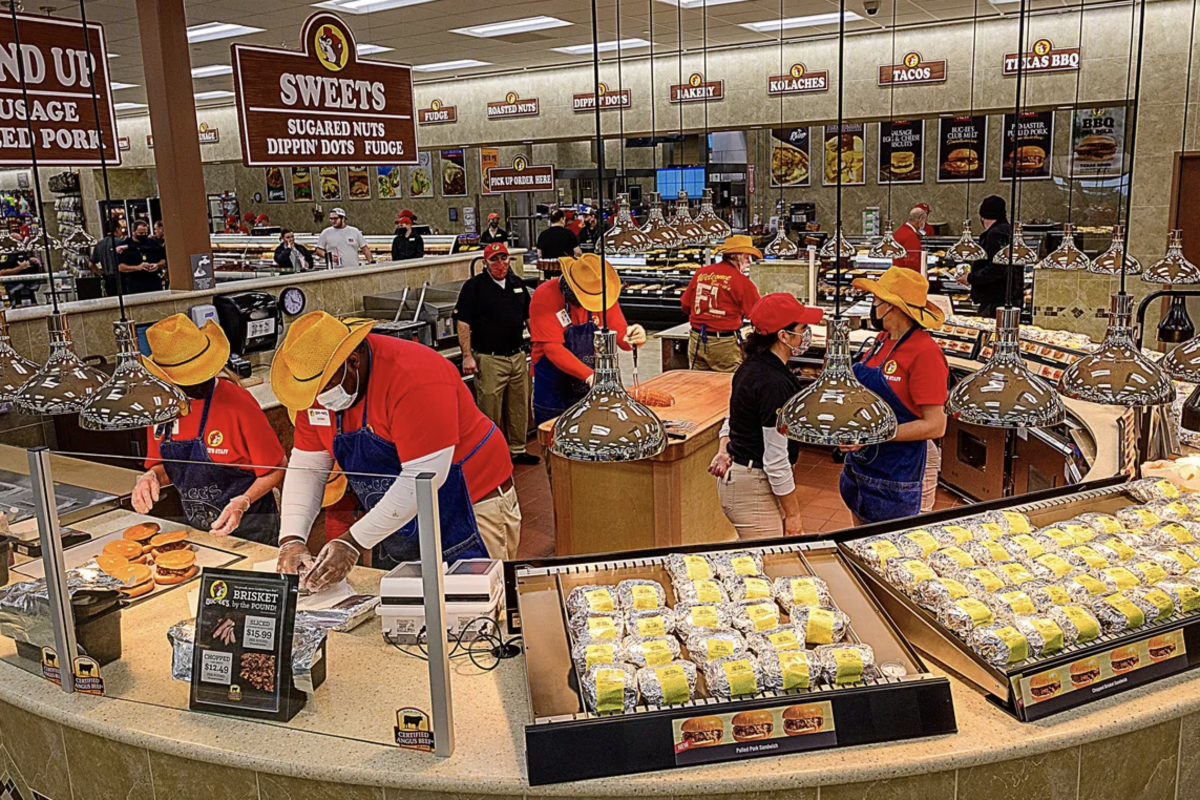Marketing and communication has a way of being reinvented over and over again, with each new and unapologetic rendition billed as a break from a seemingly blind and rigid tradition. Except they’re nothing of the sort. Despite keeping things feeling fresh, most reinvention is historical revisitation.
Take some of the discussion revolving about brands, with the key concept being that a brand must be agile, adaptable, and seek out opportunity as opposed to a voice as personified by a logo. The argument makes sense, until you consider that the definition isn’t accurate and the new idea not fresh.
The Agile Brand Concept Is A Century Old
Brand is not an identity, even if some marketers confuse it as such. Brand is (and has always been) the relationship between a product and its customer, as Phil Dusenberry, former chairman of BBDO Worldwide, once described it. And just like all relationships, they have to change with the times.
Oversimplified, this has always led organizations to make one of three choices. They can either adapt the relationship to meet the changing needs of aging customers; attempt to confine their relationship to a specific demographic, hopefully capture new customers to replace those who no longer identify with the product; or find new customers with whom they hope to define an entirely new relationship.
This is why Revlon matured its brand (adapt), Nike rarely wavers in hitting the sweet spot between emerging athletes and professionals who know (demographic), and Volkswagen traded in its cool for mainstream (new relationships). It’s also why RadioShack struggles as a brand despite a buyout. The marketers on that team continue to mistake identity for brand, which consisted of a DIY crowd that the chain had long ignored and neglected.
It also explains why entire markets can be disrupted like Zipcar, Uber, and Airbnb have done to the car rental, taxi cab, and hotel industries respectively. When organizations adopt an industry standard over a true brand relationship (e.g., airlines, fast food, grocery chains) then the customers will eventually begin to make purchasing decisions based on price or convenience instead of any relationship. Or, as in the case of the examples cited, buy from brands that are shaking things up.
How To Build An Agile Brand That Keeps Pace With Change
The modern brand model isn’t “modern” as much as it’s a time-tested revisitation of a proven model. A successful brand fulfills its relationship with a customer based upon its ability to deliver on a brand promise that the customer values. As long as the organization delivers on that promise (and the customer values it), the relationship will be strong enough to weather any short-term challenges.
In addition, the organization has to be prepared for change: poised to change with the customers it has acquired or be prepared to let them go while acquiring news ones or being ready to reinvent its brand promise for a different kind of relationship with (possibly) different customers. And in every case, the value of a brand promise will almost always be based upon the organization’s willingness to find contrasts between its products and services and the competition, giving customers a real choice.
And if some people don’t like your contrast? No problem. Not everyone needs to be your customer as long as those who are your customers remain satisfied loyalists. They’ll work hard to help you find like-minded customers — the single most valuable reward any organization can hope to earn.
Contributed to Branding Strategy Insider by: Richard Becker, Professor, University of Nevada, Las Vegas
At The Blake Project we are helping clients from around the world, in all stages of development, redefine and articulate what makes them competitive at critical moments of change. Please email us for more.
Branding Strategy Insider is a service of The Blake Project: A strategic brand consultancy specializing in Brand Research, Brand Strategy, Brand Growth and Brand Education




